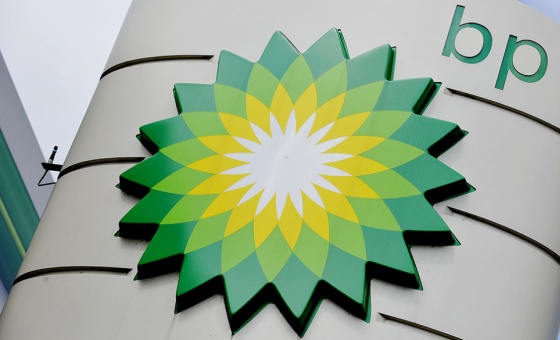This is the last article you can read this month
You can read more article this month
You can read more articles this month
Sorry your limit is up for this month
Reset on:
Please help support the Morning Star by subscribing here
The Cost of Living Crisis (And How to Get Out of it)
by Costas Lapavitsas, James Meadway & Doug Nicholls, Verso, £7.99
COSTAS LARAVITSAS is professor of economics at the School of Oriental and African Studies, James Meadway is an economist and a member of the Council of the Progressive Economy Forum, and Doug Nicholls was, until very recently, the general secretary of the General Federation of Trade Unions.
In this excellent little book, they explain very clearly and simply that the current “cost-of-living” crisis is caused by the permanent austerity — poverty — policy of successive governments. It is Thatcherism: all power to private capital.
MPs and commentators harp on about an imaginary inflationary “wage-price spiral,” but since 2010, we have suffered wage stagnation, a “lost decade” almost unprecedented in our history. Inflation was on the rise before anybody went on strike to defend their living standards.
The public supports the current strike actions, knowing full well that the strikers are acting in the public interest. We have seen again and again that cutting back in a recession makes it worse.
In 2022, prices were up by 9.6 per cent, the highest rate of inflation for 40 years. Wages and salaries rose by just 4.3 per cent, which is to say that their real value fell by 5.3 per cent. So, organised workers are, quite rightly, taking strike action to defend their living standards.
Falling real wages mean record profits. The lower our wages, the higher their profits, in the same way that higher energy bills mean their bigger dividends. The problem is the profit system, built on exploitation.
The authors explain: the profits of the 350 biggest companies listed on the London Stock Exchange are 73 per cent higher than they were in 2019. There is a relentless rise in profits when companies take advantage of rising prices in order to boost their profits.
Companies claim profits out of their sales revenue. These profit “mark-ups” have been rising for decades. The biggest and most profitable companies lifted their “mark-ups” from 58 per cent in 2002 to 82 per cent in 2020.
The Bank of England noted last May that “companies reported passing on the higher costs to consumer prices to a greater extent than normal.”
Big business profits from high inflation. This is what keeps prices high. There is no “wage-price spiral.” There is a “profits-price spiral.”
The market has failed — it is not providing affordable food, energy, homes, transport or utilities. It is not providing the investment that we need to rebuild our industries.
As the authors observe, from 1997 to 2007, we had a worse investment record than Italy, Germany, the US, France, Japan or South Korea. We managed 16 per cent of GDP; their average was 22 per cent.
Privatisation too has pumped public wealth not into building productive capacity but into company directors’ bulging wallets.
Weak investment leads to weak productivity growth: these failings started long before Brexit. This supply-side weakness is a key driver of rising inflation.
As the authors note: “The present Tory government as well as the entire political machinery of Westminster have no cure for the country’s structural weaknesses.”
In fact, the state is making matters worse, attacking our trade unions and our right to strike, in order to keep profit levels high and rising.
The authors point out that the Nato sanctions imposed on Russia restricted its oil and gas exports, ratcheting up the prices of those key commodities.
These natural gas price rises have severely affected the peoples of Europe, where electricity supplies and, often, home heating and cooking, depend on natural gas.
Some tell us that we have Brexit to thank for inflation. Spain has a similar inflation rate. Has it too left the EU? Last year, EU member Latvia had 20.3 per cent inflation, and EU member Poland had 12 per cent.
Some say that the Bank of England is to blame for “printing too much money.” But since quantitative easing (QE) started in April 2009, inflation has sometimes fallen to very low levels, and on occasion prices even fell.
But the Bank’s QE has increased some, very specific, prices, by gifting new money to big financial institutions. This has pushed up the prices of financial and property assets. Rising share prices, and rising property prices and rents, increase the wealth of the already wealthy.
Finally, the authors put forward a three-part plan to tackle inflation. First, we need good union organisation to increase our wages, which means collective bargaining across the economy.
Second, we need to restrain big business profits by imposing effective price controls, in particular to squeeze the profits of major oil and gas suppliers like BP and Shell.
And third, and most radically, we need to rebalance the economy in favour of rebuilding industry, and away from financial services. This requires an industrial policy, including public investment to renew our infrastructure.
The authors insist that we cannot leave the essential elements of modern life — notably water, food, energy and transport — to market forces. The working class has to take control, take charge.












